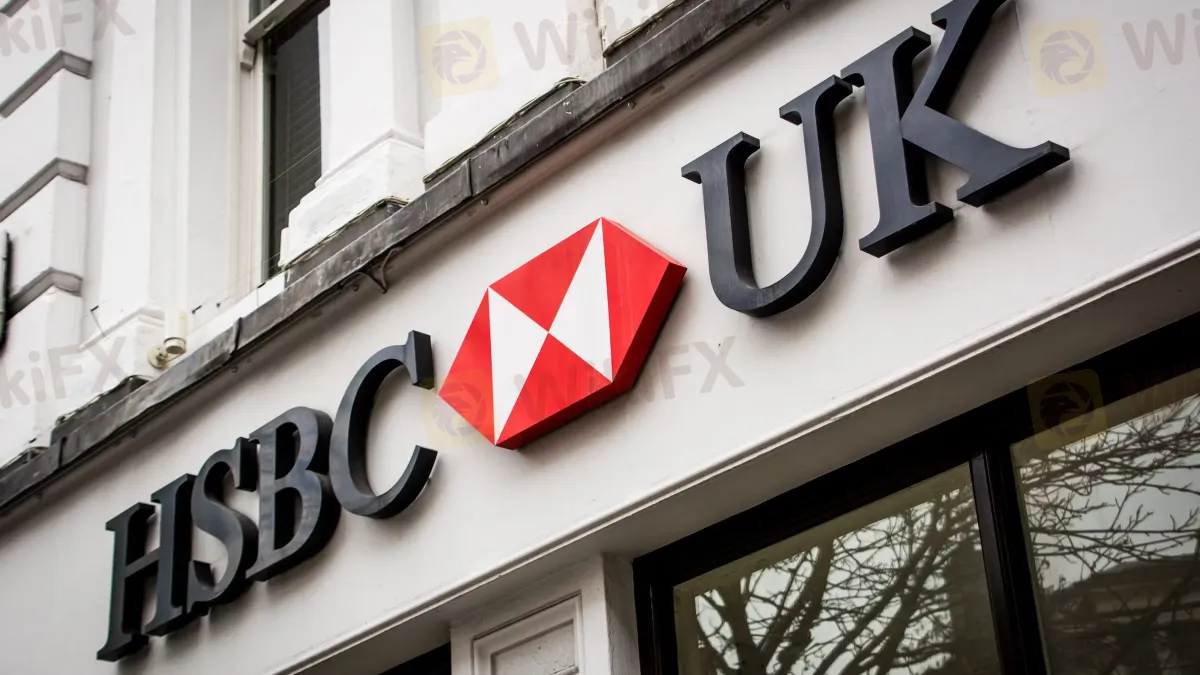简体中文
繁體中文
English
Pусский
日本語
ภาษาไทย
Tiếng Việt
Bahasa Indonesia
Español
हिन्दी
Filippiiniläinen
Français
Deutsch
Português
Türkçe
한국어
العربية
Global Tech Startups Impacted By Silicon Valley Bank's Collapse
Abstract:The recent failure of Silicon Valley Bank had an impact on business owners all over the globe. The bank, which provided specialty financial services and was regarded as having tech cachet, had received investments from tech companies in Europe and Asia as well.

Since many companies depend on mid-sized banks for their everyday activities, the recent failure of Silicon Valley Bank had an impact on business owners all over the globe. The bank, which provided specialty financial services and was regarded as having tech cachet, had received investments from tech companies in Europe and Asia as well. Entrepreneurs in other countries recognized they needed to take fast action when California companies started withdrawing money from the ailing bank.
At the end of the month, Sam Franklin, the 28-year-old CEO of a London-based employment agency, had to work out how to pay his staff because 90% of his company's funds were held in SVB. Florian Simmendinger, co-founder and CEO of the Hong Kong wearable firm Soundbrenner, was unaware of the SVB crisis when it first broke out in California, but he soon learned about it when he was unable to access his account during normal work hours.
It is obvious that tech companies worldwide are interwoven and rely on a single mid-sized bank for their everyday operations, even though the global effects of Silicon Valley Bank's failure are still becoming apparent. The failure of Silicon Valley Bank serves as a reminder of the startup ecosystem's vulnerability and the necessity for founders to spread their financial holdings in order to safeguard themselves against upcoming crises.
The Worst Nightmare
Tech companies all over the world are frantically trying to ensure their financial futures following the recent failure of Silicon Valley Bank. As danger signals grew, Quincy Lee, the creator of the Seattle-based EV charging company Electra Era, tried to withdraw millions of dollars from SVB. But the bank's website was down and overloaded with users. U.S. authorities revealed an emergency financing plan over the course of a weekend that allowed clients of the bank access to all of their assets. By facilitating a private selling of SVB's UK subsidiary to HSBC in the UK, the government and the Bank of England were able to safeguard savings without involving the public. Officials from the European Union reassured customers that the bank was only present in a small portion of the continent, but worries about the financial sector caused a decline in European equities.

The failure of Silicon Valley Bank has brought to light how intertwined the bank and startup environments are. The revelation had an impact on companies that did not finance with SVB. After executives expressed worries that a significant financial partner might have funds associated with SVB, Rachael Crook, the creator and CEO of the London-based healthcare company Lifted, calmed investors and guaranteed that essential service providers would not be hindered. Aleksandr Volodarsky, the Founder of the Ukrainian start-up lemon.io, which conducts business with SVB in the US, began chatting with local businesspeople about the crash. On Friday morning, he started a bank transfer, but he still hadn't gotten paid.
The failure of Silicon Valley Bank has brought attention to the vulnerability of the startup environment and the requirement for business owners to spread their financial holdings in order to safeguard themselves against upcoming crises. Digital companies all over the world are susceptible to financial volatility because they depend on a single mid-sized bank for everyday operations. Although the emergency financing plan given by American authorities has provided some respite, the circumstance highlights the necessity for business owners to plan ahead and reduce risks.
Chinese Entrepreneurs Are Moving Money
Silicon Valley Bank's joint venture in Shanghai, SSVB, has acknowledged that it has a solid organizational framework and an autonomous balance sheet. The first Sino-US joint venture bank and China's first technology and innovation bank, SSVB has rapidly risen to the top of the list of international lenders to early-stage Chinese businesses.
However, many Chinese start-ups and fund managers have been seeking to transfer their assets out of SVB's US subsidiary due to recent regulation changes. An industry expert claims that SVB was used to keep almost all of the working funds for both the company and its subsidiary businesses.

After a turbulent weekend, one start-up Boss declared that his business would continue to bank with SVB's UK branch and open new accounts at additional institutions to diversify its revenue flow. This choice demonstrates the industry's learning trajectory as it becomes apparent that distributing funds among several institutions can reduce the dangers brought on by regulation changes.
With a solid corporate structure and an autonomous balance sheet, SSVB has been able to convince its clients that it is still a reliable financial choice despite the difficulties encountered by SVB's US branch. As China's first technology and innovation bank, SSVB is ideally situated to support the development of the region's early-stage businesses.
Install the WikiFX App on your smartphone to stay updated on the latest news.
Download link: https://www.wikifx.com/en/download.html?source=fma3

Disclaimer:
The views in this article only represent the author's personal views, and do not constitute investment advice on this platform. This platform does not guarantee the accuracy, completeness and timeliness of the information in the article, and will not be liable for any loss caused by the use of or reliance on the information in the article.
Read more

RM570,000 Lost in a Gold Trading Scam in Malaysia
In a distressing case of financial deception, a retired female teacher in Malaysia lost RM570,000 of her personal savings and pension to a gold trading investment scheme.

Many Social Media 'Investment Gurus' Are Scammers Preying on Malaysian Traders
Social media platforms have become breeding grounds for scammers posing as investment gurus, exploiting the growing interest in forex and cryptocurrency trading among Malaysians. Fraudulent "financial experts" often create the illusion of legitimacy by offering enticing stock analyses and promises of high returns.

Arumpro Capital Ltd Faces Regulatory Setbacks as CySEC Withdraws CIF Licence
The Cyprus Securities and Exchange Commission (CySEC) has officially withdrawn the Cyprus Investment Firm (CIF) licence of Arumpro Capital Ltd. The decision was finalised during a CySEC meeting on 11 November 2024, marking another chapter in the firm's ongoing regulatory challenges.

Webull Expands Trading Services to Japan via TradingView
Webull launches in Japan, offering low-cost trading for U.S. and Japanese securities via TradingView. Start trading with investments as low as $5.
WikiFX Broker
Latest News
BSP Shuts Down Uno Forex Over Serious AML Violations
ACY Securities Expands Global Footprint with South Africa Acquisition
Tokyo Police Arrest 4 for Unregistered FX Trading Scheme
Rupee gains against Euro
WikiEXPO Global Expert Interview: The Future of Financial Regulation and Compliance
DFSA Warns of Fake Loan Approval Scam Using Its Logo
Consob Sounds Alarm: WhatsApp & Telegram Users Vulnerable to Investment Scams
CySEC Revokes UFX Broker Licence as Reliantco Halts Global Operations
GCash, Government to Launch GBonds for Easy Investments
Bitcoin ETF Options Get Closer to Reality with CFTC Clarification
Currency Calculator


